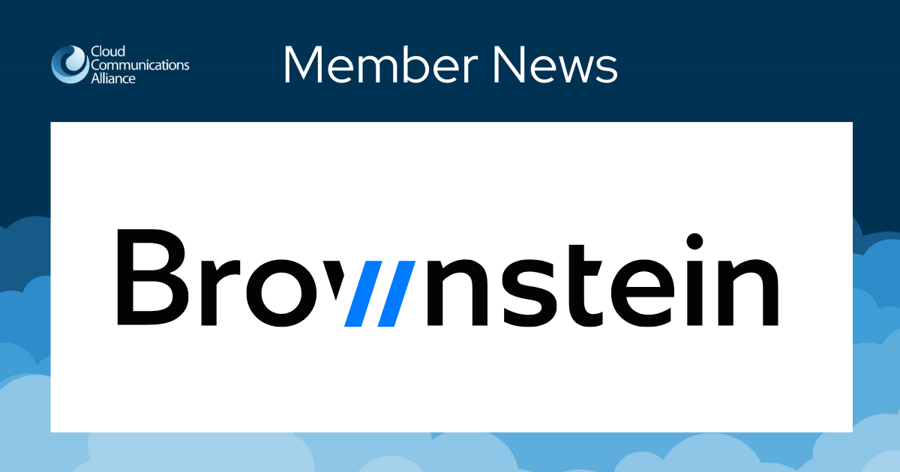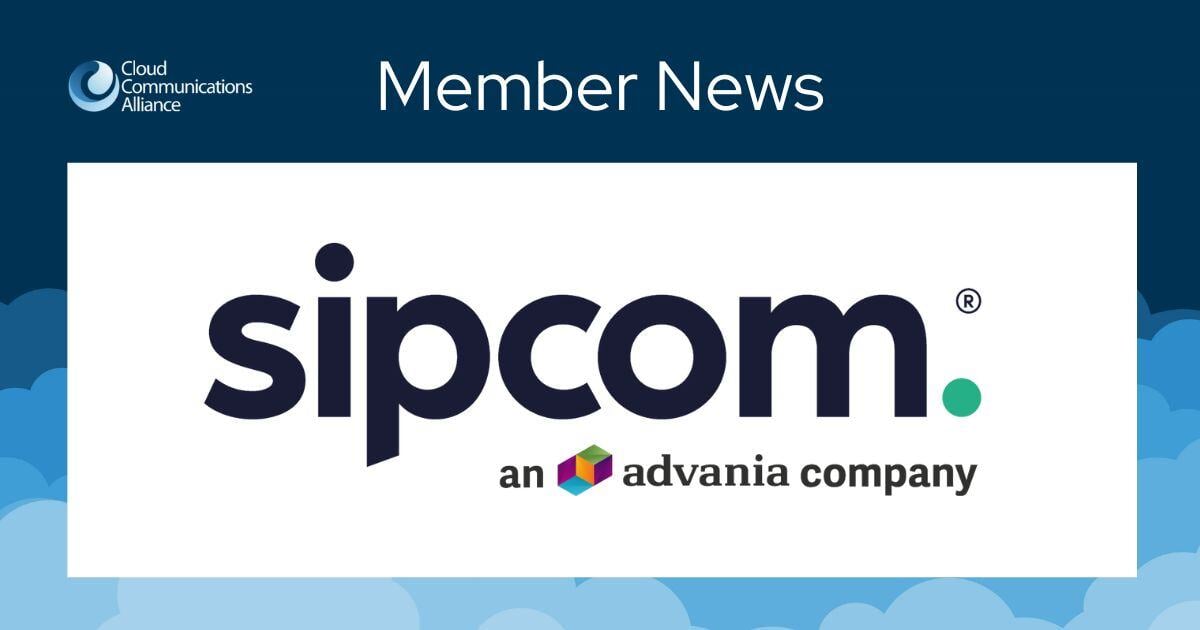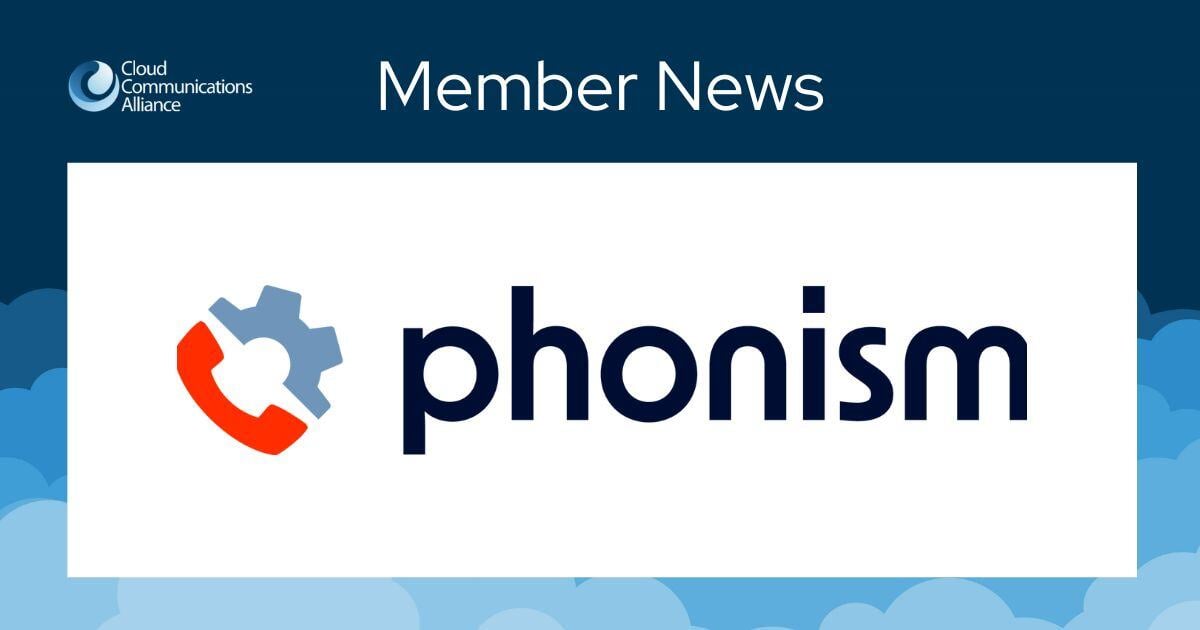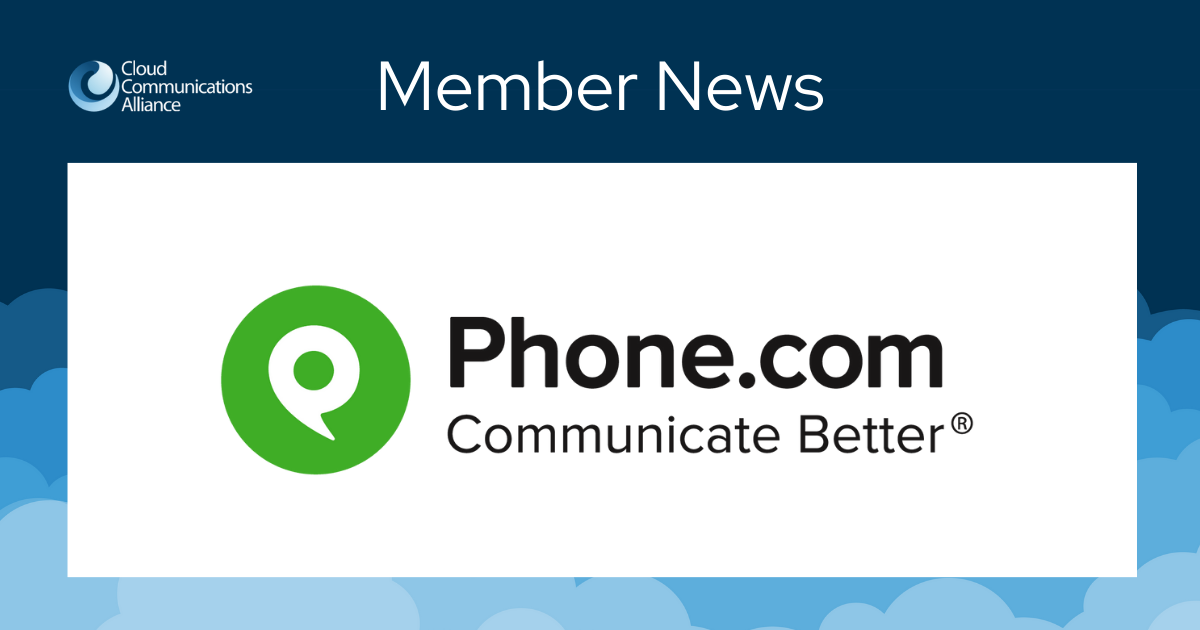BREAKING: FTC Votes to Issue Final Noncompete Rule

The Federal Trade Commission (FTC) adopted a controversial rule for noncompete provisions today. As expected, the final regulation, which was first proposed in January 2023, will prohibit virtually all noncompete restrictions, which the FTC claims will lead to increased wages and innovation and improve the American economy. The five FTC commissioners voted 3-2 to approve the rule, with those dissenting voicing their belief that the FTC does not have the authority to promulgate this rule.
OVERVIEW OF THE RULE
The FTC’s noncompete rule bans all noncompete agreements for workers both proactively and retroactively, except under the following narrow circumstances:
- The rule does not make unlawful current and existing noncompetes that encumber “senior executives,” defined as workers earning more than $151,164 annually who are in policymaking positions. However, such noncompete restrictions are banned on a prospective basis, except that;
- Noncompetes encumbering a person pursuant to a bona fide sale of a business entity are permissible; and
- Businesses may pursue a legal claim related to a noncompete violation where the claim accrued prior to the rule’s effective date.
- The FTC rule also permits businesses to enforce or attempt to enforce a noncompete, or to make representations about a noncompete provision, where they have a good-faith basis to believe that the final rule is inapplicable.
- The rule also includes an exception for a noncompete agreement entered into in the context of a sale of a business. Whereas the proposed rule issued in January 2023 allowed only those persons with a 25% or greater share of ownership in a business to be lawfully subject to noncompete restrictions, the final rule does not include an ownership threshold. However, to fall under the sale of business exception, a noncompete must be “entered into pursuant to a bona fide sale.”
An area of particular concern for industry members is forfeiture-for-competition clauses, which are often a component of deferred compensation arrangements for executives. The FTC declined to carve out an exception for these types of compensation arrangements for high earners and has included them within its broad ban. This could allow executives who have company ownership in their compensation to keep unvested stocks, regardless of where they next found employment.
Employers have an affirmative obligation to provide individualized notice to current and former workers (other than senior executives subject to the exception outlined above) who are bound by an existing noncompete that they will not be enforcing any noncompete restrictions against them. Notably, this notice requirement must be satisfied prior to the effective date of the rule. The FTC has issued a form of notice in various languages.
PROVISIONS NOT COVERED BY THE RULE
The FTC specifically identified several other categories of restrictive covenants that do not necessarily fall under the noncompete rule’s prohibition unless they “function to prevent” a worker from seeking or accepting other work or starting a new business after their employment ends:
- Confidentiality and nondisclosure agreements;
- Nonsolicitation restrictions;
- Nonrecruitment and no-hire restrictions;
- Training and education repayment obligations; and
- Garden leave restrictions when the worker remains employed by the company.
The FTC intends that its rule preempt state law only to the extent state law conflicts with the final rule.
NEXT STEPS
Absent action by Congress or an injunction, the rule will be effective 120 days after publication in the Federal Register, which is expected to be on or around Aug. 21, 2024, subject to any delays caused by the anticipated litigation.
Once published, the rule will be eligible for repeal by Congress under an expedited procedure provided through the Congressional Review Act (CRA). As we explained in a prior client alert, Congress is currently considering an unprecedented number of CRAs. Since a filibuster-immune CRA review must be undertaken within 60 days of being published, any successful attempt to overturn this rule will likely have to take place in the current Congress, as this time frame will expire before the 2024 elections. It will be important to monitor congressional reactions to a final rule to determine opportunities for legislative strategies.
The rule will also likely face multiple legal challenges once it is a final agency action, including from the U.S. Chamber of Commerce, which has indicated its intention to sue to stop the rule. Challengers of the rule are expected to seek immediate emergency relief enjoining it from taking effect. Given the recent success of many petitioners challenging alleged government overreach, this seems the most viable method to stop or slow down the need to implement the requirements in the final rule. Petitioners may challenge the rule on various grounds, which include: 1) the FTC exceeded its authority under the Federal Trade Commission Act; 2) the FTC requires additional legal authority from Congress allowing for such a resolution, invoking the “major questions” doctrine and; 3) the rule unlawfully infringes on state contract laws.
Interestingly, the dissenters of the FTC vote emphasized throughout their statements during the April 23, 2024, hearing their belief that the FTC has acted outside of the bounds of its rule-making authority, going so far to set forth a road map during their respective speeches for potential challengers to follow. At least one of these dissenters, Commissioner Andrew Ferguson, expressed his intent to publish his hearing comments for the benefit of potential litigants. The FTC Chair, Lina Khan, maintained during her closing remarks that the FTC’s authority to promulgate was clear from the plain text of the FTC Act itself.
The FTC maintains that businesses are able to effectively safeguard their trade secrets, goodwill and investments through narrowly tailored nondisclosure agreements and other less restrictive types of provisions. It is imperative that business leaders quickly get up to speed on this rule and adjust current practices accordingly. For business-savvy advice on preparing for compliance with this new rule please reach out to Brownstein.
For additional information on the implications and status of this rule, please see our analysis here, here, here and here.


